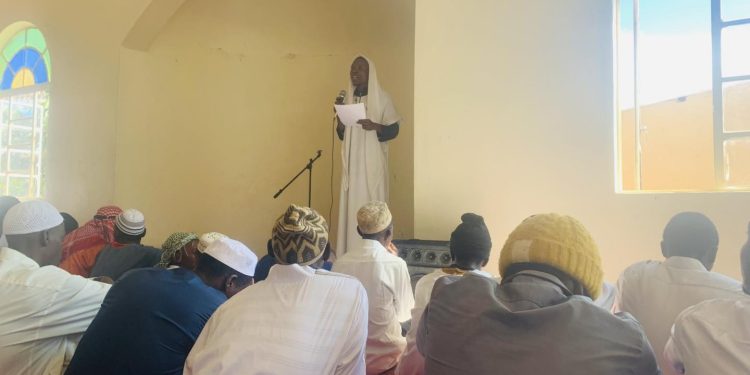The basic sources of guidance for Muslims are the revelation of the Qur’an and the Sunnah (life practice of the Prophet Muhammad, May peace be upon him). This guidance was sent to a community within a particular cultural, economic, climatic and social context.
Islamic laws are intended as guidance for all of Mankind until the Day of Judgment. It contains within it the moral and ethical guidance in almost all areas of human existence. As in Islamic community it became necessary for scholars to interpret the divine guidance in the light of new situations, culture and physical conditions, like developments in technology, science as well as different cultural practices and social circumstances.
The Islamic ideology offers the only correct, comprehensive, and viable way of life for the human being, providing him with a sound purpose, a clear vision, and a stable life.
According to Islam, the most valuable thing in life is belief in Allah; but that should not be imposed upon anybody.
The Qur’an says: “Say, it is the truth from the lord of you all. Then whosoever will, let him believe, and whosoever will, let him disbelieve” (Qur’an 18:29).
Islam considers every human being equal and that they are servants of Allah. None has a merit over the other except if he fears Allah more and that does not involve a world benefit. At this juncture, it is not debatable to say that democracy that is dominant currently was first revealed in the Holly Quran some 1400 years ago.
In the year 23 AH, as soon as Caliph ‘Umar was stabbed, he appointed a committee to discuss, among themselves and with the people, who would succeed him; and their decision had to be made by the majority.
This shows that everyone has the right and obligation to participate in deciding who will be their leaders and representatives, and the elected public bodies must reach their decisions by discussion. . We can largely agree that the majority rule which is practiced nowadays is not far away from Islamic teachings.
Since we have discovered that there are so many Islamic teachings related to modern laws, it is my plea to the societies that there should be cordial relationships amongst ourselves. Muslims’ voices must be heard in deciding what kinds of laws they want, and what kinds of priorities the governments should have.
It is equally important to recognize the rights of those of other faiths, or of none, who may have different views. Even within Muslim societies, there are differences of political and doctrinal nature, as Islam is never a monolithic religion.
The solution to these differences is not to fight, to brand others as infidels, or even to kill them, but to find ways in which we can all live peacefully together.
The author, Innocent Lanjesi Bamusi is a student at International University of Africa (Faculty of Oral and Dental Medicine)



















